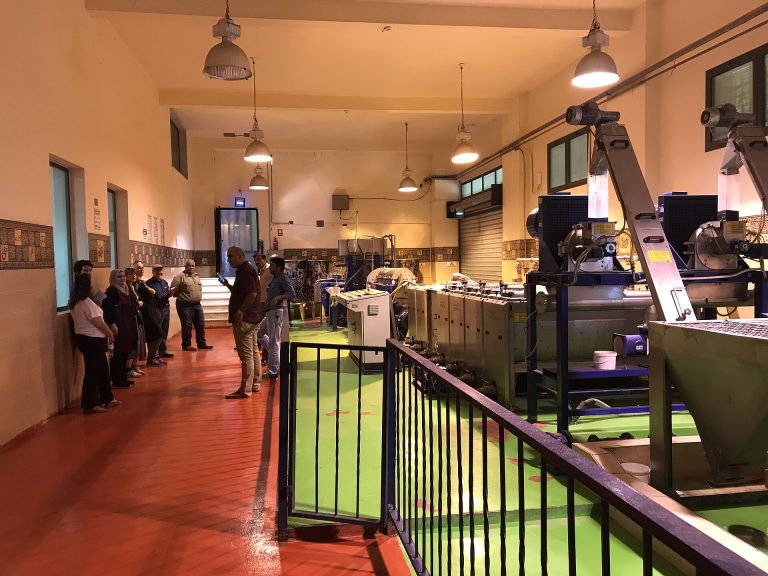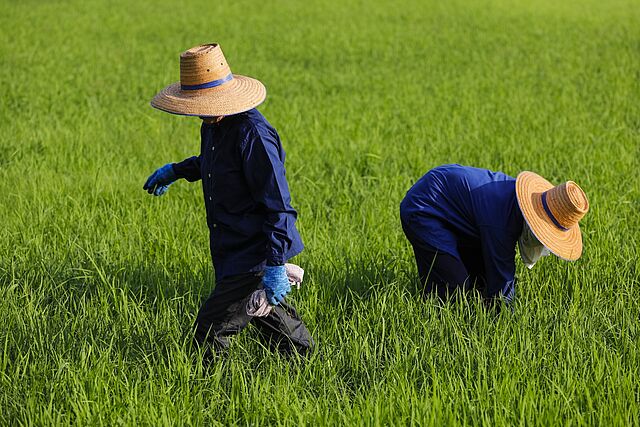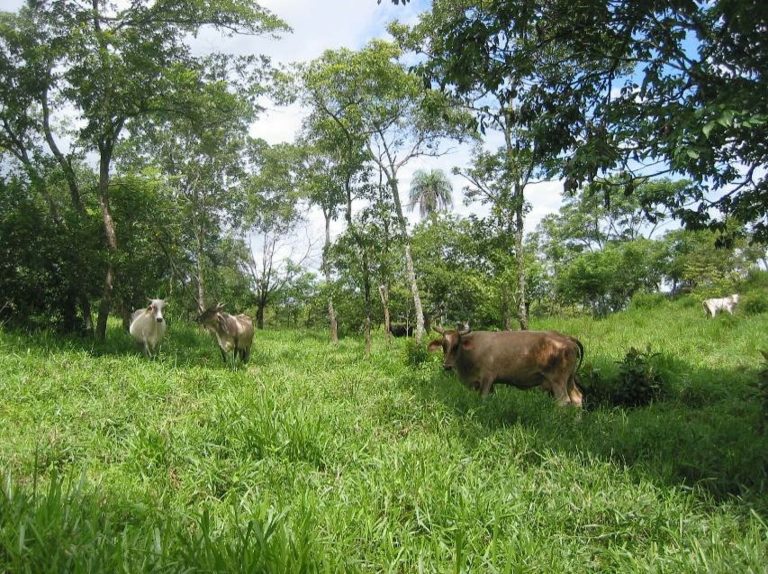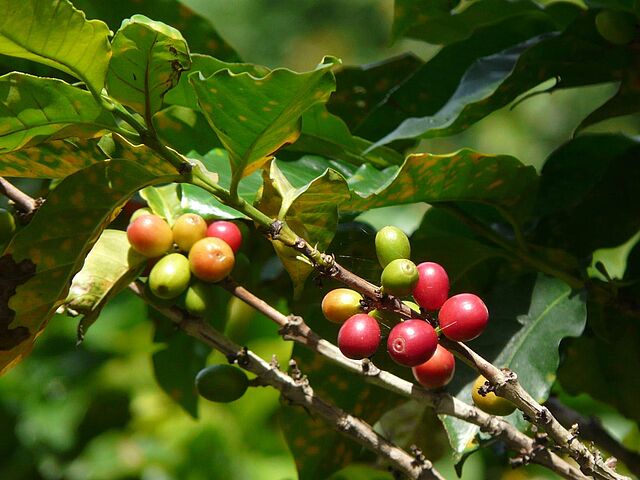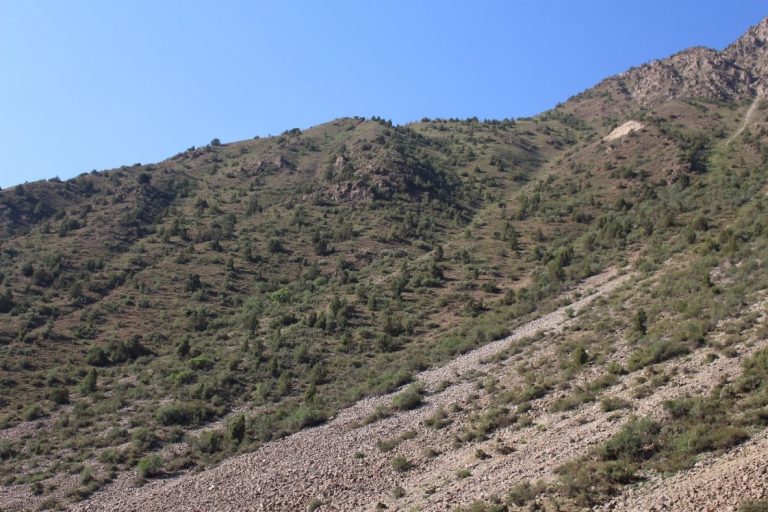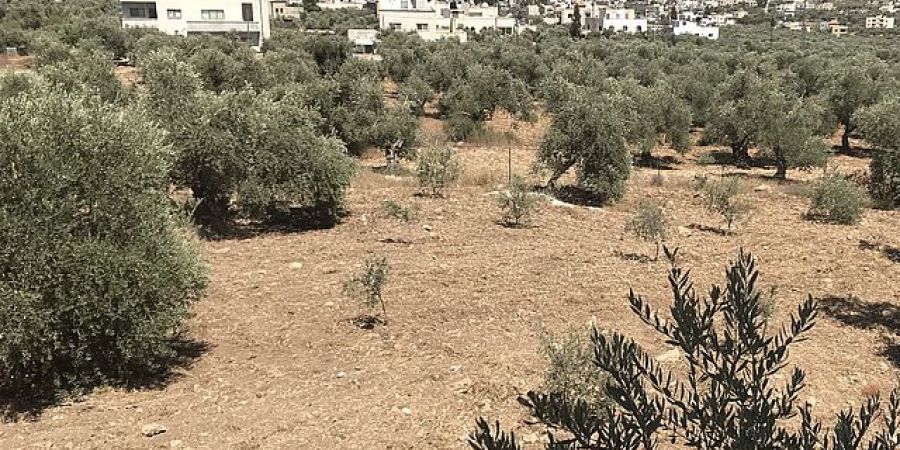
Background: At the time of the project application, olives could be said to be the backbone of agricultural production in Palestine, covering half of its agricultural area and contributing to the livelihoods of more than 100,000 people. Due to poor production and post-harvest processing practices, the olive value chain was considered to be a main contributor to greenhouse gas (GHG) emissions in the agricultural sector and was not realising its potential for significant carbon sequestration.
As part of its Nationally Determined Contributions (NDCs), the State of Palestine has committed to decarbonise agricultural value chains with the objective of having at least 50 percent of farms applying climate-smart agriculture by 2040.
Approach to Transformational Change: The project “Palestine – Low-Carbon Olive Chain” attempted to enable a transformation of the olive sector towards carbon-neutral development. It aimed to promote sustainable production and post-harvest technologies and practices. Composting of agricultural residues and densification of olive tree orchards would have been upscaled, the installation of solar panels would have been supported and the utilisation of secondary products from olive mill residues as a source of energy would have been promoted. To further strengthen the economic viability of the technologies promoted, the project included a component to increase competitiveness and market access of low-carbon olive value chains.
The project would have provided partial grants, conditional compensation based on the adoption of low-carbon technologies and would have support improved access to concessional loans for low-carbon investments, for example in solar panels. This way, the socially and culturally important Palestinian olive sector would have been able to demonstrate a competitive business model that would encourage a wider channelling of funds towards low-carbon alternatives across the entire Palestinian agricultural sector. The project would have demonstrated a model of success in Palestine that could have served as an inspiration for other olive oil-producing countries throughout the Mediterranean region.
Mitigation potential: This information is not available as the project was discontinued.

